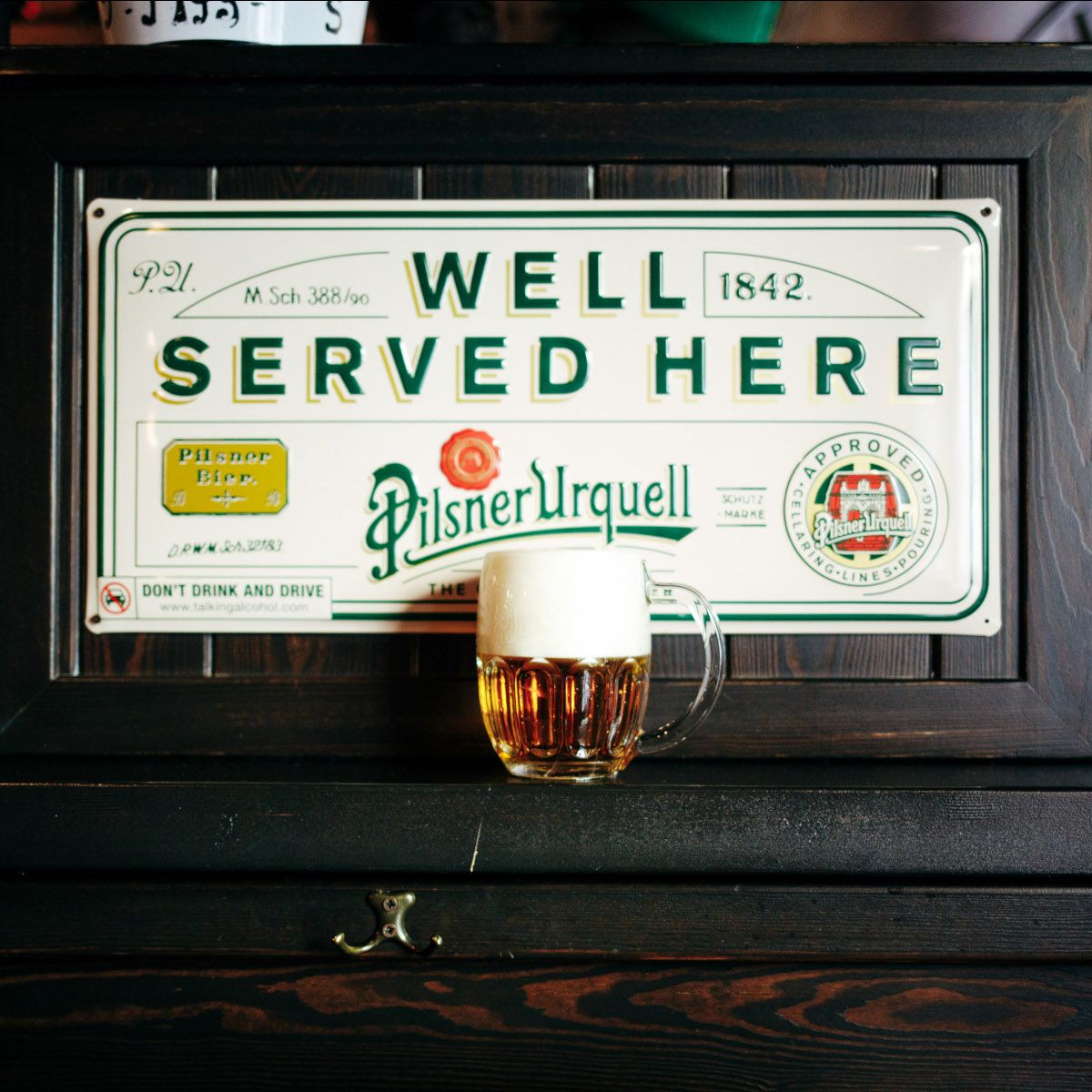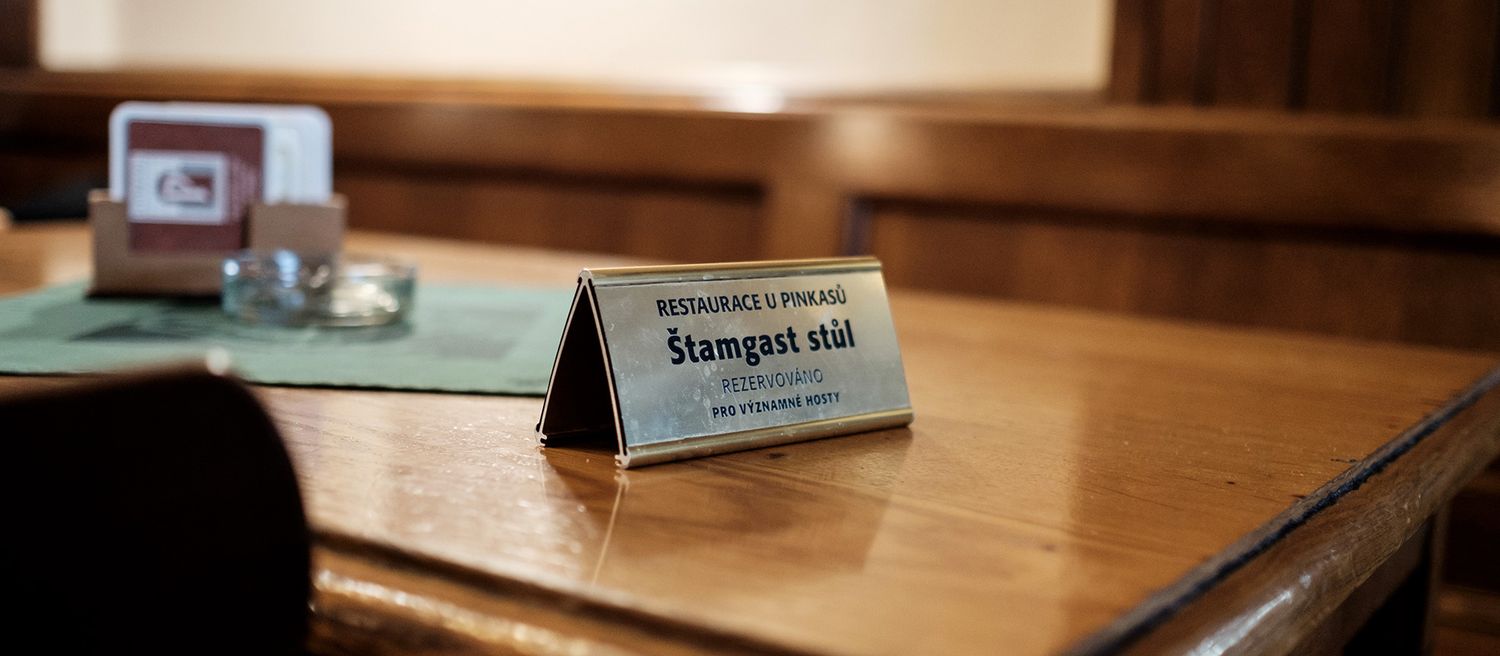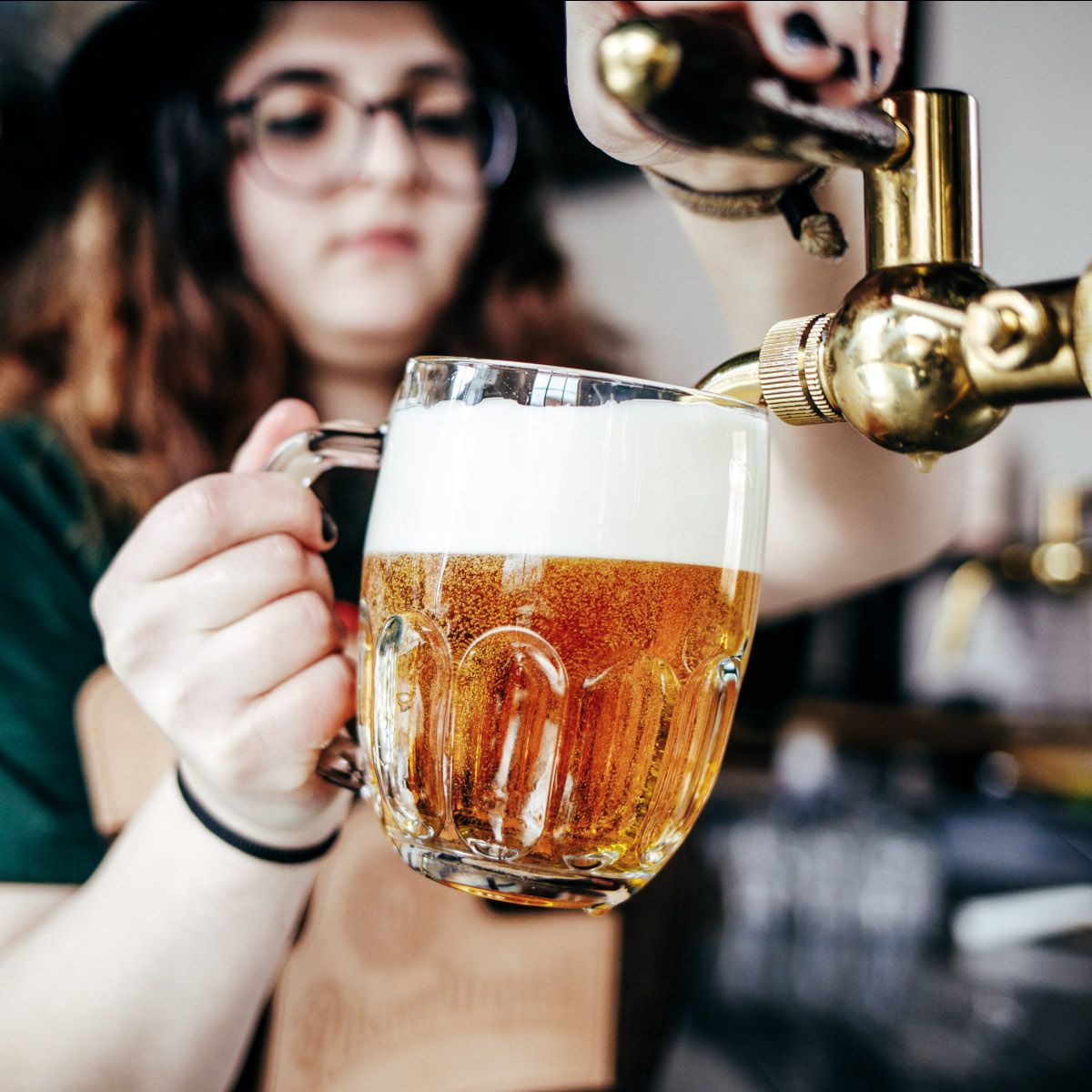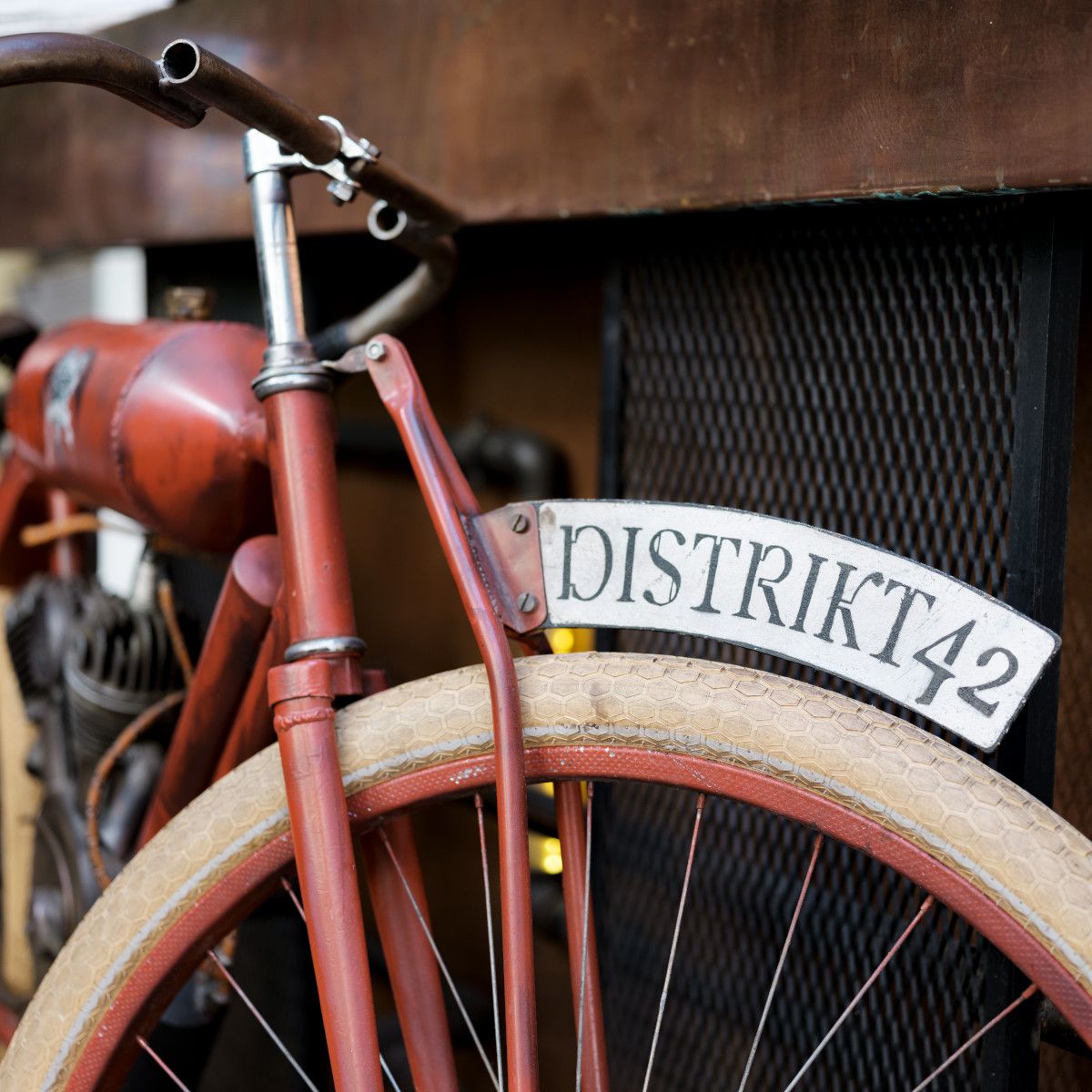
Of all the charming quirks of Czech pub culture, from personalised glasses to clay jugs for take-home beers, the Štamgast might be the coolest, but also the most difficult to take part in.
Štamgast is a title bestowed in Czech pubs to only the most faithful regulars, the people who have been coming to the same pub for years, and who probably know the owner’s entire family, along with the tapsters and the bartenders. When Štamgasts come to the pub, they want to enjoy a chat with friends over fresh, perfectly poured beers, because no one would become a Štamgast at a pub where they didn’t love the beer.
Most classic Czech pubs still keep this tradition official by posting signs on particular tables – usually the one located closest to the bar – that say in Czech “Štamgast’s Table,” or “Reserved for Štamgasts.” The sign will always be there, and the table will always be reserved, even when the pub is empty. Only a Štamgast can sit there and it could take a person many years of visiting to be allowed to join the Štamgast; it’s a special position.
The word Štamgast comes from German and means something like “root guest.” German was the official language here during the Austro-Hungarian Empire up until 1918, which tells you how old-school the Štamgast tradition is. The closest equivalent in English would be a “regular,” but that doesn’t quite catch the respect and special privileges that come along with being a Štamgast.
Not only do they get the best seats in the house, but Štamgasts typically keep up a running conversation with the bartender – it’s the relationship of friends in a bar, not customer and worker. And you’ll probably never hear a Štamgast ask for a beer; they simply appear on the table with impeccable timing.
A group of Štamgasts is something that a Tapster will develop over time – and it can take years to happen. A new Tapster will be eager to develop their own Štamgast because they are integral to a pub. It also means that their beer is very good, which is a great validation.
“It’s simple: Czechs won’t drink bad beer,” says Jan Stanik, Pilsner Urquell’s chief Tapster. “If you serve bad beer then the message travels quickly and people won’t go back to you. There’s lots of choice in Czech and the beer always has to be perfect to keep the customers happy.” It’s a unique concept that’s tightly associated with the very best quality beer: “The Štamgast want to drink the best beer so they would follow a Tapster around. They don’t want to change.”
Though Štamgasts are usually dedicated to a single pub, some travel around cities or the whole of the Czech Republic, popping in to test the beer at different pubs, ensuring its continued quality. They never hesitate to send back a beer that doesn’t meet their strict standards and word of a poorly-poured or kept beer will travel quickly.
The Štamgast have genuine importance to a Czech beer pub – they are a part of its furniture and atmosphere but more than they are integral to the best-tasting beer, always demanding perfect Pilsners and never settling for less.


